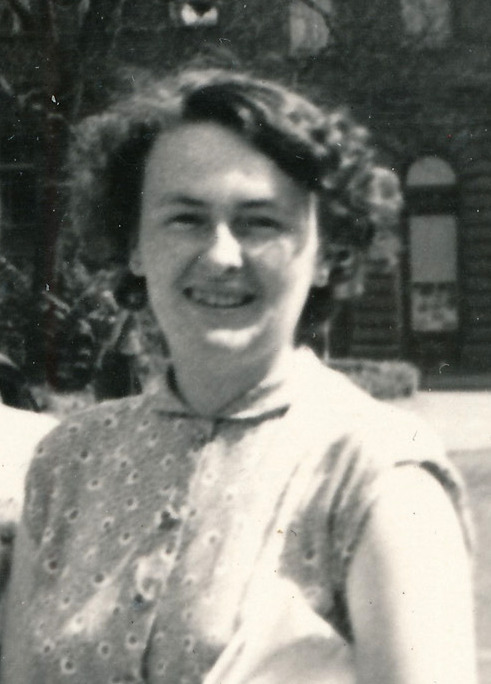She read a student resolution and passed it on. Mother of a young child was sent to prison for it

Stáhnout obrázek
Václava Buriánová, née Roskotová, was born on 14 September 1928 in Benátky nad Jizerou. From childhood she trained in the Sokol and lived through its double dissolution by the Nazis and the Communists. She practiced at the Sokol meetings in 1938 and then in 1948, but did not set foot in the Sokol hall in Benátky nad Jizerou for the next forty years. She graduated from the business school in Mladá Boleslav and from 1944 worked as an accountant in private companies, after 1950 on the municipal national committee. In 1956 she got her hands on the text of a student resolution drawn up at the Prague Mathematics and Physics Faculty (MATFYZ). She read the text criticizing the political situation in Czechoslovakia and passed it on to a friend. In May 1957, she was tried for this and received a suspended three-month sentence, which was later changed to an unsuspended one. She entered Pankrác prison on 1 September 1957 to serve her sentence, and was released after two and a half months on President Novotný‘s amnesty. At the time of her imprisonment, she had a three-year-old daughter at home. After her release, she returned to her job. After the Velvet Revolution, she participated in the revival of Sokol in Benátky nad Jizerou. She was living in Benátky nad Jizerou at the time of recording.


















